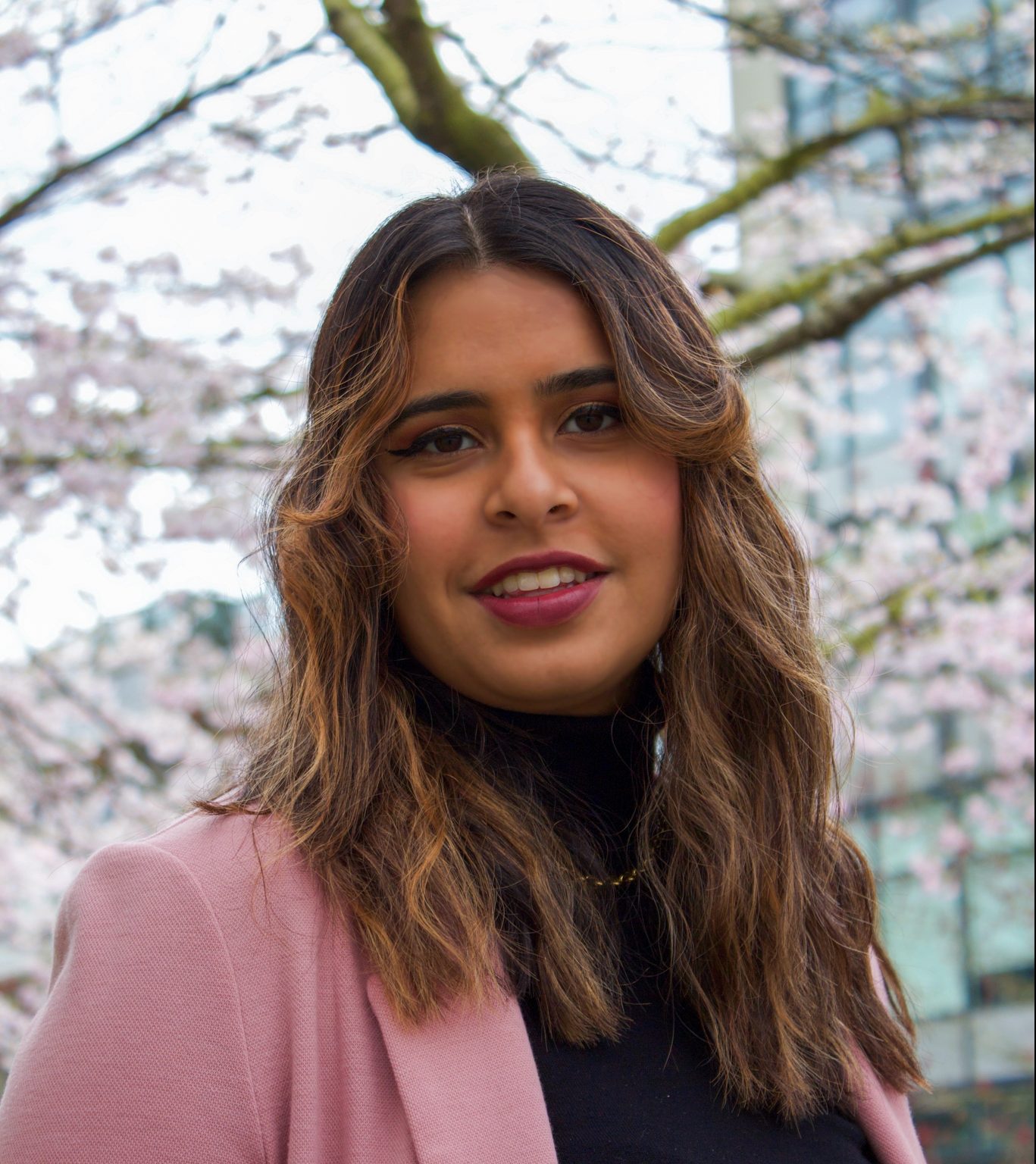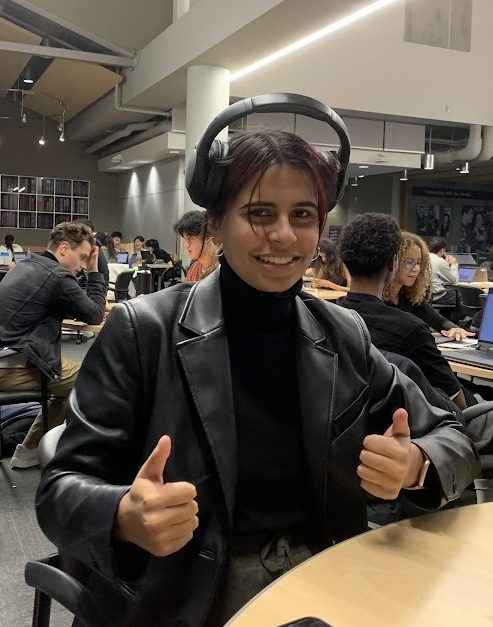Krisha Mistry is a fourth-year Sociology honours student working under the supervision of Dr. Amy Hanser.


Krisha Mistry
Her research project; “Mommy Issues: Exploring the Intersections Between Motherhood and Womanhood Amidst Chronic Illness,” uses qualitative methods to explore how women understand their positionality and identities as mothers within the context of the motherhood identity—and how women navigate these complex identities and understand themselves whilst coping with a chronic illness.
How did you become interested in this topic? Why did you choose it for your thesis?
Growing up, I experienced firsthand what it was like to live with a mother with a chronic illness. My mother has always been an inspiration to me; her ability to take care of my sister and me as a single mother coping with chronic illness has always astounded me.
Growing up in a conservative South Asian household, becoming a mother was always encouraged to all the women in my family. However, when I started to learn about the sociological processes behind the concept of motherhood and womanhood, I began to question how women navigate the decision of motherhood. Seeing my mom persevere despite her chronic illness made me ask the question: how do women with chronic illnesses decide to become a mother?
Can you summarize your project and its main findings for us?
While the relationship between motherhood and womanhood has long been researched in Sociology, such work often neglects how chronic illness diagnoses may impact the formation of these identities. In my research, I explore how individuals understand and navigate the motherhood identity within the context of womanhood, focusing on how the diagnosis of a chronic illness impacts these intersecting identities.
The data is based on two sets of semi-structured qualitative interviews, focusing on how women relate to experiences of womanhood and motherhood in relation to living with a chronic illness. Data was analyzed as an individual case study, accounting for the variety of illnesses presented and allowing the representation of different stories or perspectives of motherhood.
Some findings included: how familial, social, and cultural expectations strongly influenced the desire to become a mother and how this affected their management of their chronic illness, and the associated feelings of unworthiness and lack of fulfillment that transcends to participants’ understanding of both womanhood and motherhood identities.
What was your favourite part of doing research?
My favourite part of conducting my research was having the chance to hear my participant’s stories and journeys of motherhood with a chronic illness. I feel honoured that my participants felt comfortable to share their authentic stories with me.
When I first began planning my study and formatting my methodology, I went in with the assumption that each participant’s experience navigating the womanhood and motherhood identity would be similar. In my study’s midway point, I discovered this was not the case. Instead of reducing my participants down to themes, I wanted to have the ability and the honour to share the stories of my participants in a way that gave them a sense of autonomy and dignity. Therefore, the unexpected change in my methodology was the best thing that happened in my research process.
Has this experience influenced what you want to do after you complete your degree and how?
Having conducted research that related both to the Sociology of health and illness and the Sociology of the family has motivated me to continue on this path and apply for programs in medical Sociology and public health. When I listened to my participants’ stories and learned about their challenges navigating health care systems as a mother with chronic illness, I became inspired to better the medical system. Thus, I want to continue on this path of understanding women with chronic illnesses, substance use disorders, or those who face systemic barriers to make medical services more accessible.
Do you have advice for other prospective Sociology honours students? What are your biggest takeaways from this research journey?


Krisha working on her thesis in IKB
Have fun with your project! My thesis became my passion project and because of my interest and personal connection with the topic, I was able to enjoy every step of this incredible journey.
For prospective honours students wishing to conduct qualitative research, I strongly encourage you to treasure every moment with your participants. Moreover, to be appreciative and honoured that they are willing to share their personal stories with you. After hearing each one of my participant’s struggles and acts of resilience I have nothing but the utmost respect for not just mothers with chronic illness but for mothers everywhere.


